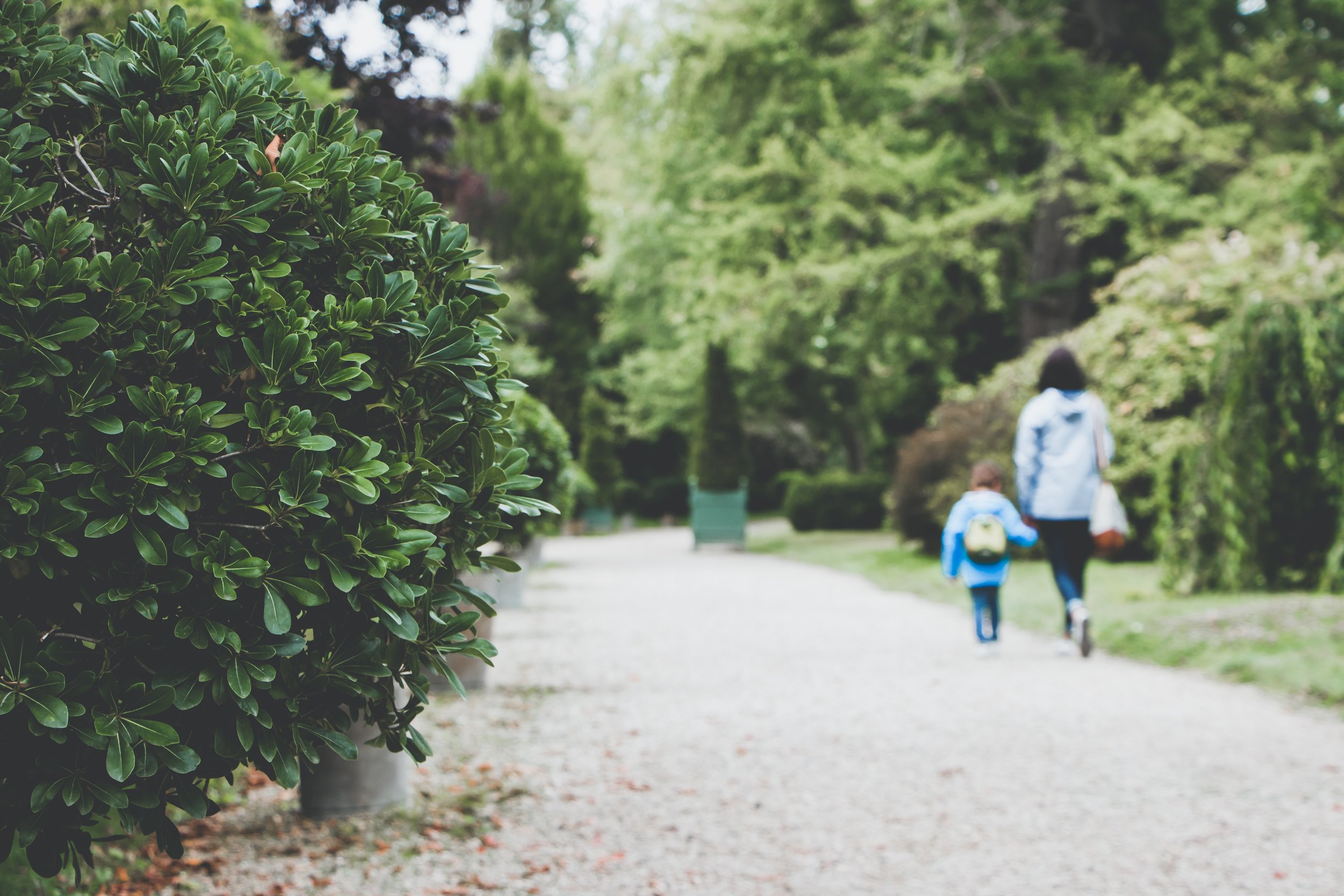THE TRAUMA THAT LED TO ADOPTION
What is it?
Adoption is a beautiful and incredible thing that is so on the heart of God. When a child or young person cannot be brought up to live with their birth parents, and instead all legal parental rights and responsibilities are given to an adoptive parent. The child becomes a new member of the adoptive family. Adopted parents have the same rights and responsibilities as if the child was born to them.
What could the child/young person feel like?
An overwhelming mixture of emotions as a huge amount of change has happened. They may not feel like they are in control of their life and feel huge amounts of guilt, shame and confusion. They may feel like they battle with lots of different issues such as depression or anxiety. They may also have some sensory sensitivities that cause them to need some extra support to feel calm.
What are the worst things we could do?
It’s best not to ask direct questions to the child about what happened to them and what they have experienced. It’s important to trust that if the child wants to share something with you then they will in their own time and often that needs to be then shared with the appropriate people who need to know- such as the parents.
Don’t assume that they are naughty if their behaviour is challenging. It’s important to remember that the child’s behaviour is communicating their feelings, which may be confusion or worry, etc.
Adults who are adopted need time to process this and often begin to do so on a deeper level when they come parents themselves. They need help to process their grief and loss as they will often be feeling disloyal and ungrateful to their adoptive parents. They need wisdom in the process and a professional therapist can be helpful here as subconscious, non verbal memories that are stored deep inside need to be carefully processed.
What are the most helpful things we can do?
Stay calm around the child and parent. Let the child have fun and use gentle, kind voices around the child – they may be used to lots of professionals talking in formal settings.
Support the whole family by offering the parents cooked meals, clothes, toys as the whole family adjusts to the changes.
Help the child or young person meet friends by thinking of a buddy system in kids sessions to help them transition into the groups.
Communicate with the adopted parents if there will be any big changes in kids sessions so they can help to prepare the child.
Spend time with adults who want to process their experience and don’t rush to ‘fix them’, give cheap answers or hurry them up to recover!
Where to find more info or help
CARE FOR THE FAMILY
An information booklet for churches about how to support those who have adopted children
POST INSTITUTE
TRC
This is a specialist trauma recovery charity set up to enable children and young people aged 3-24 years to have access to specialised trauma therapy. It has three centres in Bath, Guernsey and Oxford

